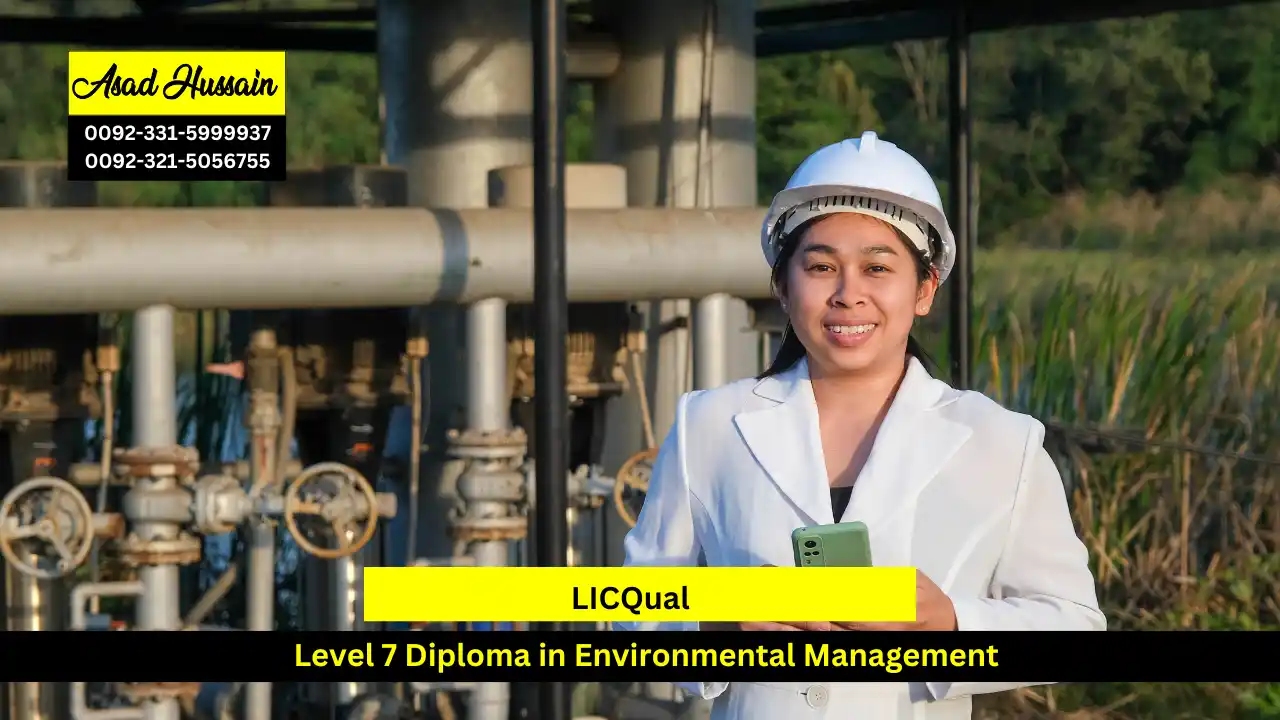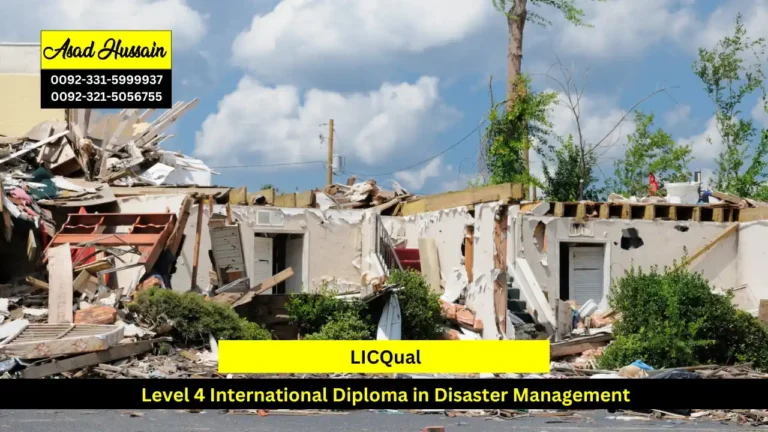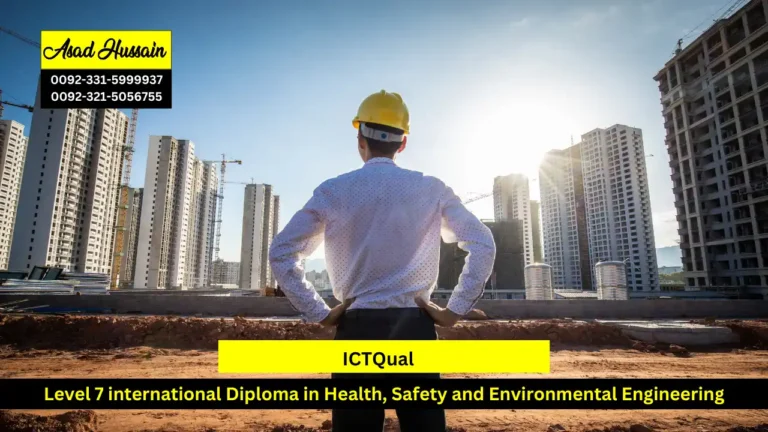In today’s world, where environmental sustainability is paramount, professionals equipped with advanced knowledge in environmental management play a crucial role. The Level 7 Diploma in Environmental Management is designed to empower individuals with the expertise needed to address complex environmental challenges and lead initiatives towards a sustainable future.
The Level 7 Diploma in Environmental Management is a prestigious qualification that offers in-depth knowledge and practical skills in managing environmental issues within various organizational contexts. It is ideally suited for professionals aiming to advance their careers in environmental management or transition into this dynamic field.
The Level 7 Diploma in Environmental Management is not just a qualification; it’s a commitment to shaping a sustainable future. By acquiring advanced knowledge in environmental management, professionals can make meaningful contributions to mitigating environmental challenges and fostering a greener, more sustainable world.
Whether you’re already working in environmental management or looking to pivot into this vital field, this diploma equips you with the expertise and credibility needed to lead with confidence and make a positive impact on our planet’s future. Embark on this educational journey and join the ranks of leaders driving environmental stewardship and sustainability forward.
Program Highlights
Mandatory Units
- Unit 1. Sustainability and Environmental Systems
- Unit 2. Environment Management – Decision Making
- Unit 3. Global Environmental Issues
- Unit 4. Environmental Auditing
- Unit 5. Environmental Policy
- Unit 6. Environmental Policy and Governance
- Unit 7. Environmental Law
- Unit 8. Managing Changes in Environment
- Unit 9. Environmental Science Challenges
- Unit 10. Environmental Perception and Public Awareness
- Unit 11. Environmental Impact Assessment
- Educational Background
- Work Experience
- English Language Proficiency
- Additional Requirements
- Equivalent Qualifications
Sustainability and Environmental Systems
- Understand the principles of sustainability in relation to environmental systems.
- Analyze the interdependencies within environmental systems.
- Evaluate sustainable practices to minimize environmental impact.
Environment Management – Decision Making
- Develop strategies for effective environmental management decision-making.
- Apply decision-making tools and frameworks to environmental challenges.
- Assess the implications of decisions on environmental sustainability.
Global Environmental Issues
- Identify and analyze major global environmental challenges.
- Evaluate the socio-economic impacts of global environmental issues.
- Propose strategies for international cooperation in addressing environmental challenges.
Environmental Auditing
- Conduct environmental audits in compliance with regulatory requirements.
- Analyze audit findings to improve environmental performance.
- Recommend corrective actions based on audit results.
Environmental Policy
- Understand the development and implementation of environmental policies.
- Evaluate the effectiveness of environmental policy frameworks.
- Formulate recommendations for enhancing environmental policies.
Environmental Policy and Governance
- Examine the role of governance structures in environmental policy-making.
- Assess the impact of policy decisions on environmental governance.
- Propose improvements to enhance environmental policy effectiveness.
Environmental Law
- Interpret and apply environmental laws and regulations.
- Evaluate legal frameworks governing environmental protection.
- Analyze case studies to understand the enforcement of environmental laws.
Managing Changes in Environment
- Identify factors driving environmental change.
- Develop strategies to adapt to and mitigate the effects of environmental changes.
- Assess the resilience of systems to environmental changes.
Environmental Science Challenges
- Analyze current environmental science research and methodologies.
- Evaluate challenges in applying environmental science to policy and practice.
- Propose innovative solutions to emerging environmental science challenges.
Environmental Perception and Public Awareness
- Analyze public perceptions of environmental issues.
- Develop strategies to enhance public awareness and engagement.
- Evaluate the impact of public perception on environmental policy outcomes.
Environmental Impact Assessment
- Conduct environmental impact assessments (EIA) for development projects.
- Evaluate the environmental, social, and economic impacts of proposed projects.
- Recommend mitigation measures to minimize adverse environmental impacts.
This course is tailored for professionals and individuals aspiring to deepen their understanding and expertise in environmental management and sustainability. It caters to environmental scientists, policy makers, consultants, and corporate sustainability officers seeking to enhance their knowledge of global environmental issues, regulatory frameworks, and sustainable practices. Additionally, it is ideal for professionals in fields such as environmental auditing, law, and governance who aim to broaden their skill set in managing environmental change and assessing its impacts. This course is also beneficial for those interested in public awareness and perception of environmental issues, offering insights into effective communication strategies and community engagement. Overall, it equips learners with the necessary tools and knowledge to navigate and address complex environmental challenges across various sectors and disciplines.







